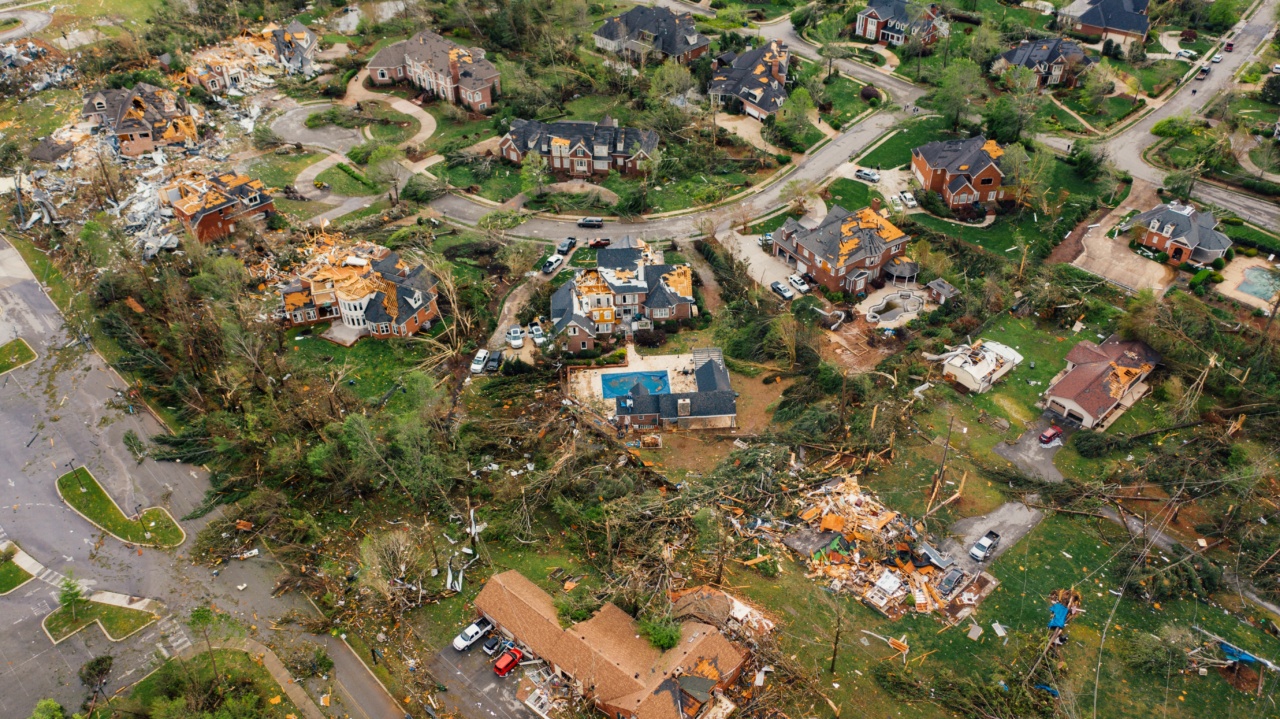The tendency of males to father children at an older age has increased significantly over the past few decades. Advanced paternal age is defined as fathering a child beyond the age of 35.
There has been a lot of research conducted to study the effects of advanced maternal age on pregnancy outcomes, but only recently has the focus been shifting towards the impact of paternal age on pregnancy outcomes. This article aims to discuss the effects of advanced paternal age on pregnancy outcomes.
Causes of advanced paternal age
There are a number of reasons why men are fathering children at an older age nowadays. Some of these reasons are:.
- The trend of delaying marriage and parenthood to pursue a career or other goals.
- Medical advancements and availability of treatments for male infertility.
- Changing societal norms and acceptance of older fathers.
Effects on fertility
Studies have shown that advanced paternal age is associated with a significant decline in male fertility.
Older men are found to have lower sperm counts, reduced motility, and increased DNA damage in their sperm, all of which can lead to difficulty in conceiving. This decline in fertility is further exacerbated if the man has other medical conditions such as diabetes, obesity, or hypertension.
Effects on pregnancy outcomes
Advanced paternal age has been found to be a risk factor for a number of pregnancy outcomes, some of which are discussed below:.
Increased risk of miscarriage
Studies have shown that pregnancies fathered by men above the age of 35 have a higher risk of ending in miscarriage. This increase in risk is not just limited to pregnancies in which the woman is also of advanced maternal age.
One study found a 60% increase in the risk of miscarriage when the father was above the age of 40.
Increased risk of stillbirth
Another study found that pregnancies fathered by men aged 45 and above had a significantly higher risk of ending in stillbirth. The study found that for every year the father’s age increased beyond 45, the risk of stillbirth increased by 1%.
This increase in risk was independent of the mother’s age, medical history, and pregnancy complications.
Increased risk of birth defects
Children born to fathers of advanced age have a higher risk of birth defects such as Down syndrome, autism, and schizophrenia. This is because as men age, the quality of their sperm deteriorates, leading to an increased risk of genetic mutations.
One study found that the risk of Down syndrome increased by 1.2% for every year increase in paternal age.
Increased risk of gestational diabetes
Studies have also found that advanced paternal age is associated with an increased risk of gestational diabetes in the mother. Gestational diabetes is a condition in which high blood sugar levels develop during pregnancy.
The risk of this condition is further increased when the father is over the age of 40.
Conclusion
The trend of men fathering children at an older age has been on the rise in recent years. While this trend may have numerous benefits, it is important to be aware of the potential risks associated with advanced paternal age on pregnancy outcomes.
Couples should consider these risks when planning for a pregnancy and consult with their healthcare provider to ensure the best possible outcome for both mother and child.




























